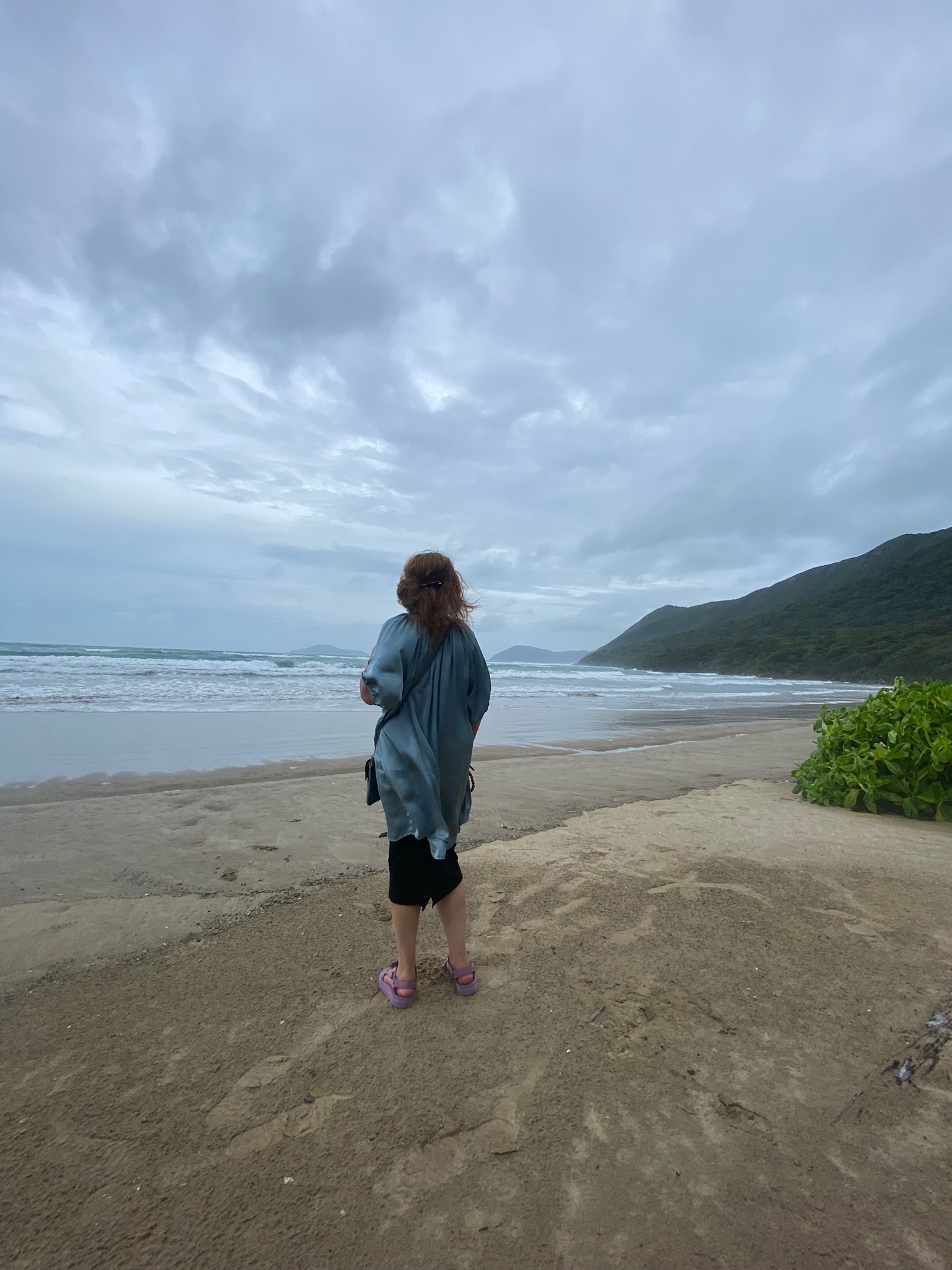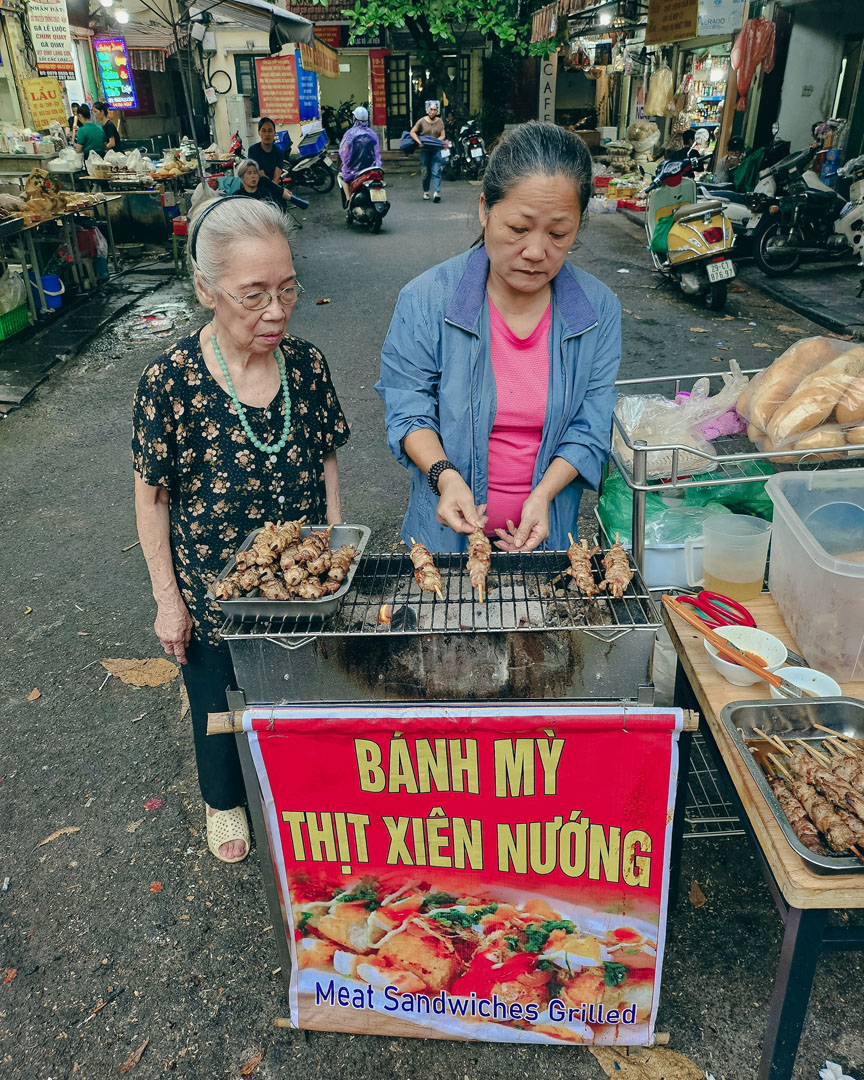Travel vaccinations for Southeast Asia: Everything you need to know

When deciding what precautions to take and which vaccinations to have when traveling abroad, the answer is rarely one-size-fits-all. The length of your stay, time of year, itinerary, vaccination history, personal health and the activities you plan to take part in on your travels will all factor into which immunizations you choose to get.
The following, therefore, is a rough guide designed to give you an overview of the Indochina region, in particular Vietnam, Cambodia and Laos. Though we have been as thorough as possible and also included links to some useful external websites, we do not claim to provide a substitute for professional medical advice. Always consult your own GP or visit a travel clinic before traveling to find out what the best course of action is for you.
N.B. Our advice is specific to residents of the UK. If you are not from the UK, your requirements may be different!
Vaccinations that are recommended for travel to Southeast Asia:
Hepatitis A
This viral disease is transmitted through contaminated food or water, and is the most common preventable disease caught by travelers visiting developing countries. It is usually advised for travelers to Southeast Asia.
The three types of hepatitis A vaccine are: the monovalent vaccine (provides protection against hep A only); the combined hepatitis A and B vaccine; and the combined hepatitis A and typhoid vaccine.
The monovalent hepatitis A vaccine should ideally be given two weeks before your date of travel, although it can be given up to the day of your departure if necessary. This will provide protection for about a year, but a booster dose given 6-12 months after the original dose will protect you for at least 20 years.
If using one of the combined vaccines, these should be given 4-6 weeks before your date of travel.
If you live in the UK you can have a hepatitis A vaccine for free on the NHS. Alternatively, you can get one at a travel clinic for a charge of around £72 (hep A) or £90 (hep A & B).
For more information click here.
Tetanus
Tetanus spores are found in soil worldwide and are spread through cuts and wounds. In the UK, the full five-dose tetanus vaccination is offered as part of the NHS childhood vaccination program, which should provide lifelong immunity. If you think you have not had the full course (for example if you were born outside the UK), you should consult your GP and ensure that you are up-to-date before traveling to Indochina.
If you are fully vaccinated but are planning to travel to travel to an area with limited medical facilities and your last vaccination was given more than 10 years ago, you may require a booster.
If you live in the UK you can have a combined tetanus, diphtheria and polio vaccine for free on the NHS, or at a travel clinic for around £41.
For more information click here.
Typhoid
Typhoid is found throughout the world, but is more common in areas where sanitation and hygiene are poor – including some parts of Southeast Asia. You are at a higher risk of catching typhoid fever if you are an adventurous eater or plan to work or live with local people during your trip – but vaccination is recommended for most travelers nonetheless.
There are three types of vaccine available against typhoid in the UK: the Vi vaccine (a single injection); the Ty21a vaccine (a course of three capsules to be taken orally); or a combined typhoid and hepatitis A injection (available for people aged 15 or over).
The typhoid vaccine should ideally be given at least one month before your date of travel, but can be given closer to your travel date if necessary. Booster vaccinations are recommended every three years if you continue to be at risk of infection.
If you live in the UK you can have the typhoid vaccine free on the NHS, or at a travel clinic for about £45.
For more information click here.
Malaria
Malaria is a very serious disease, and cannot be vaccinated against. Instead, travelers are advised to take a course of antimalarial tablets, cover up with long sleeves and long trousers, wear insect repellent and (if possible) sleep under a mosquito net to reduce the risk of infection. There are various different types of antimalarial drugs available – consult your doctor to find out which one is suitable for you.
Risk areas:
Vietnam: A malaria risk is present in all areas of Vietnam except Ho Chi Minh City, Hanoi, the Red River Delta, the Mekong Delta, and the coastal plains of central Vietnam. Risk is highest in the central highland provinces to the northwest of Qui Nhon and the provinces southwest of Ho Chi Minh City.
Cambodia: A malaria risk is present throughout Cambodia, except in Phnom Penh, near Tonlé Sap Lake, and at Angkor Wat.
Laos: A malaria risk is present in all areas of Laos except the capital, Vientiane.
Cambodia malaria map

Laos malaria map

Vietnam malaria map
Other vaccinations sometimes recommended for travel to Southeast Asia:
Hepatitis B; Diphtheria; Cholera; Japanese Encephalitis; Rabies.
These vaccinations are not usually recommended for those traveling to Southeast Asia on a short vacation, but may be advisable if you plan to stay in the region for an extended period, if you are traveling to very remote areas, or if you are staying with local people in areas where sanitation and living conditions are known to be poor.
For more comprehensive health and vaccine advice for Southeast Asia, we recommend visiting the following websites:
Travel vaccination information
To start planning your trip, get in touch with our team of Southeast Asia experts.




